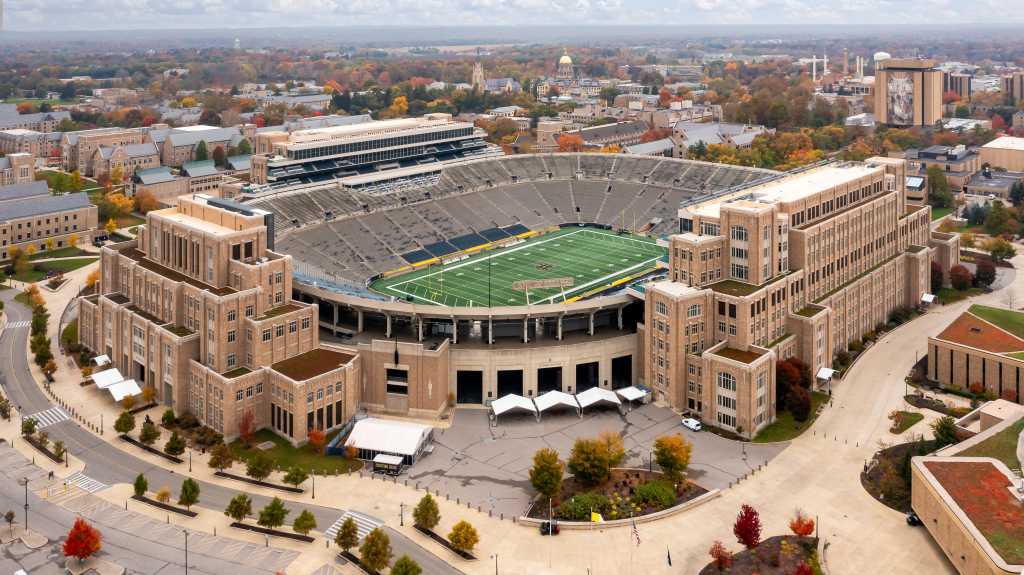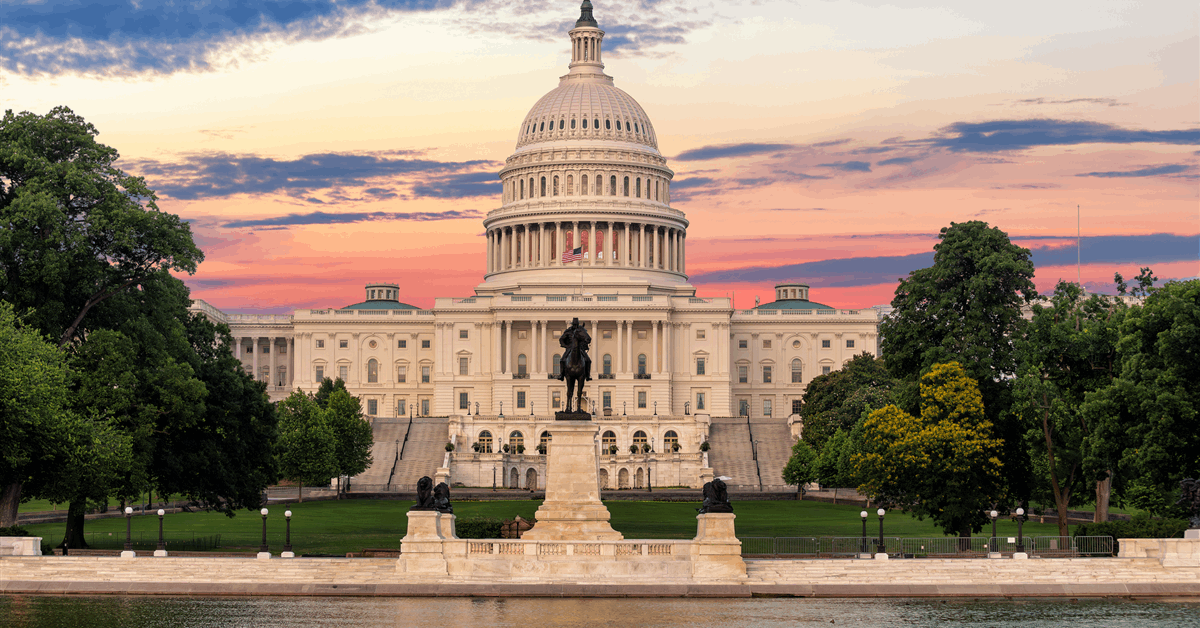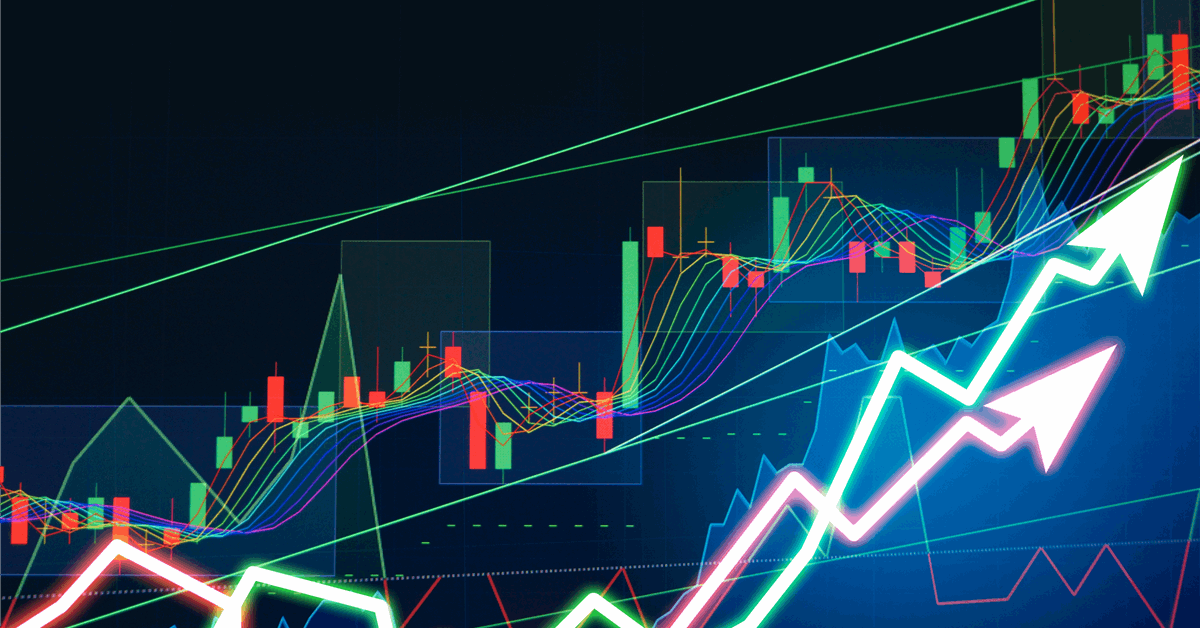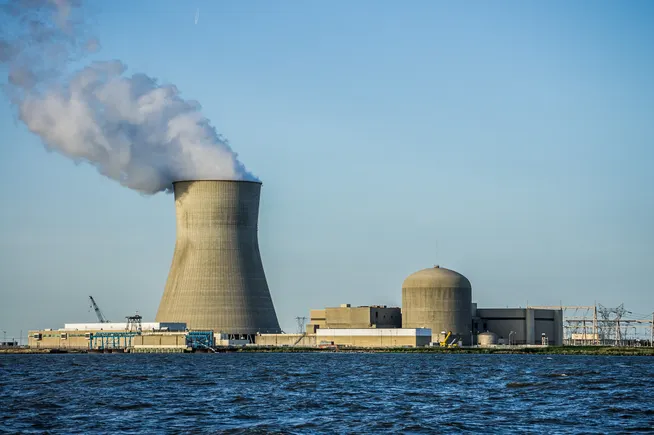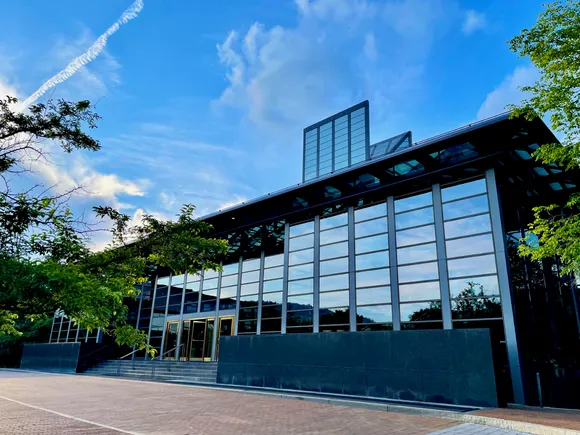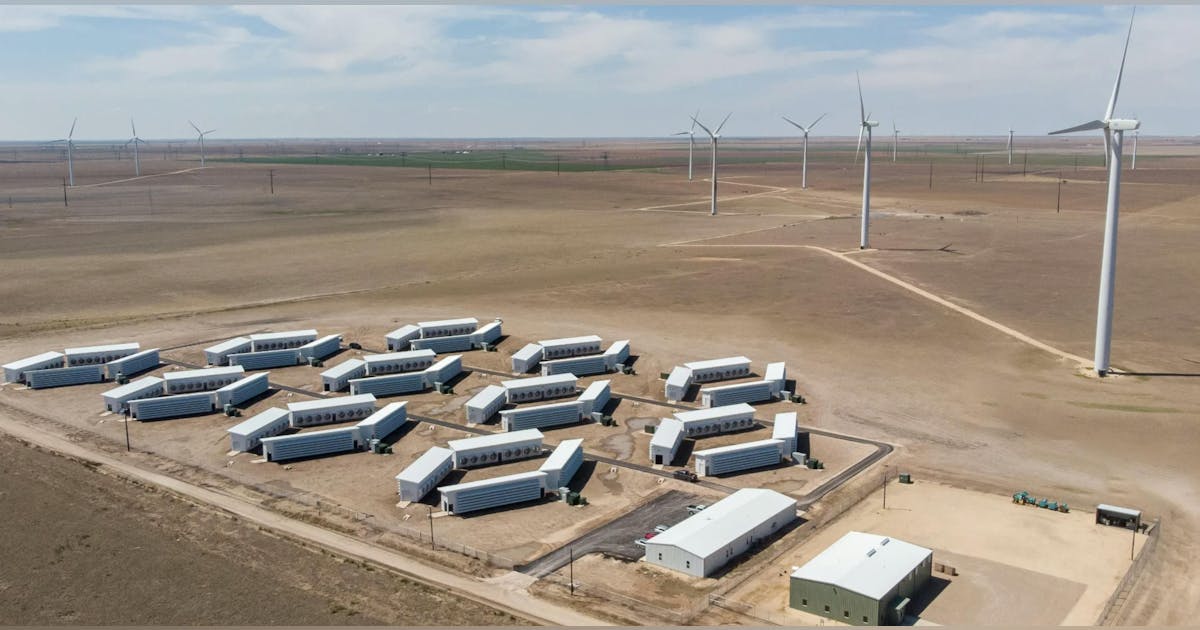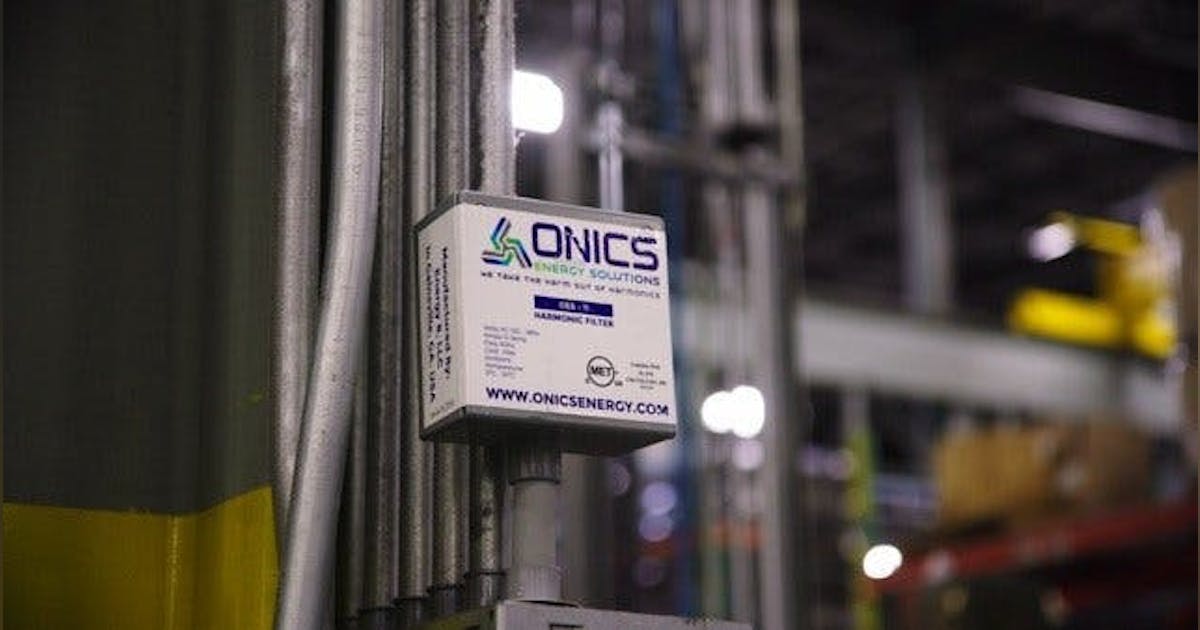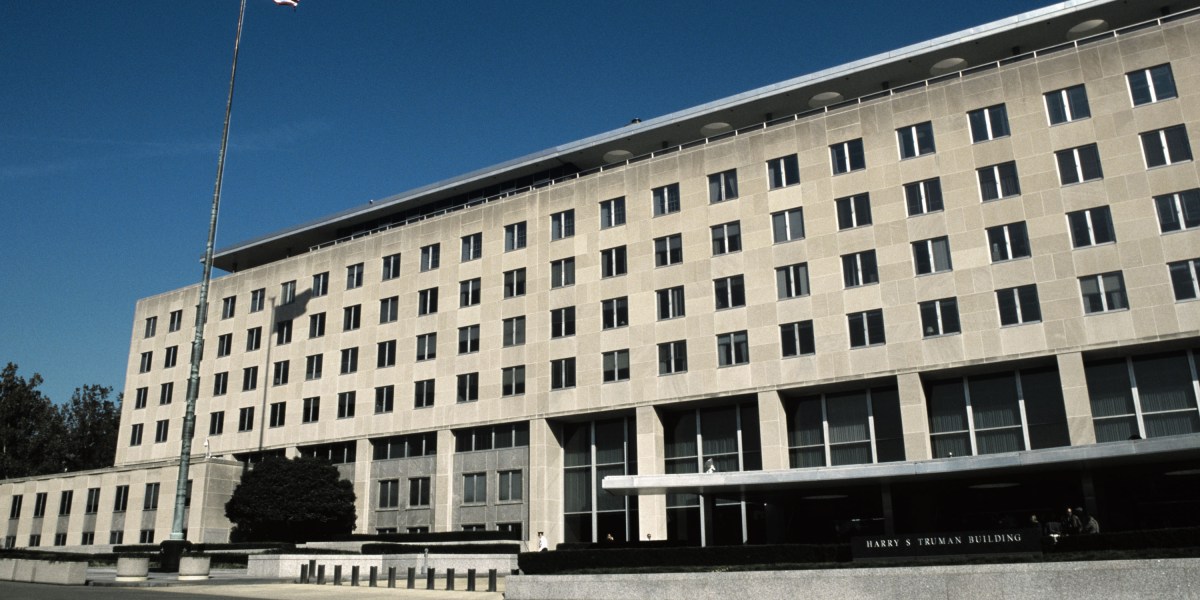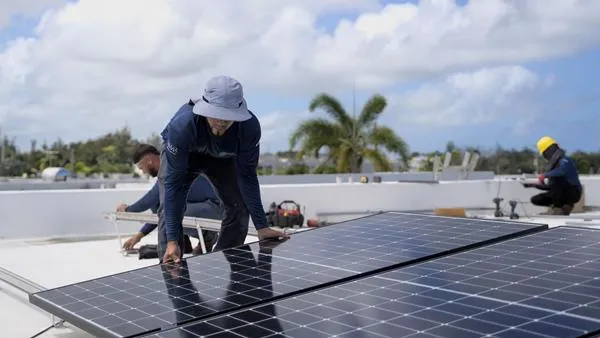
PJ Wilson is president of the Solar and Energy Storage Association of Puerto Rico.
Puerto Rico’s electric grid has long struggled with reliability, high costs and vulnerability to natural disasters. In response, the island is experiencing a surge in distributed energy: about 4,000 homes are connecting new rooftop solar and battery systems to the grid each month. This rapid adoption is not only providing relief to families — it’s actively improving grid stability, thanks to smart inverter standards now required for all systems installed since Jan. 1.
Yet, the Financial Oversight and Management Board for Puerto Rico (FOMB) is pursuing a lawsuit that could undermine the net metering policy driving this transformation.
Legal uncertainty threatens distributed energy progress
The FOMB’s legal challenge targets Puerto Rico’s law extending net metering through 2030. Net metering is the policy that ensures solar households are fairly credited for excess energy sent to the grid — a key incentive that has enabled more than 10% of Puerto Rican homes to install solar and batteries. Instead of focusing on grid modernization, the FOMB’s lawsuit risks stalling a policy that has broad support from lawmakers, regulators and the public.
For many, net metering is essential to making solar affordable and accessible, especially as the centralized grid remains unreliable.
Smart inverters: distributed solar as a grid asset
A frequent concern about rapid rooftop solar adoption is the potential for grid instability. In Puerto Rico, the opposite is unfolding. Since Jan. 1, all new solar installations must use advanced smart inverter settings, enabling these systems to help regulate voltage and frequency. This ensures that as more distributed resources come online, they contribute to grid stability rather than undermine it.
With thousands of new smart-enabled solar homes joining the grid each month, Puerto Rico is building a distributed, responsive network that can help manage grid fluctuations in real time. This is the kind of flexibility and resilience utilities nationwide are seeking as they integrate higher levels of renewables.
Net metering: A bridge to resilience and equity
Puerto Rico’s energy crisis is about more than technology — it’s about equity and resilience. Net metering has empowered working-class families to take control of their energy future, reducing reliance on an expensive, centralized system. Undermining this policy could chill investment, slow progress toward Puerto Rico’s 100% renewable energy goal, and leave the grid — and its customers — more vulnerable.
Puerto Rico’s distributed solar boom is a rare success story in the energy transition — a community-driven effort that is strengthening both resilience and grid stability. The FOMB’s lawsuit is a distraction from the urgent work of grid modernization and distributed energy integration. If Puerto Rico is to achieve true energy security, the focus must remain on accelerating, not hindering, the shift to clean, distributed power.
The time for lawsuits is over. The time for real grid resilience is now.

